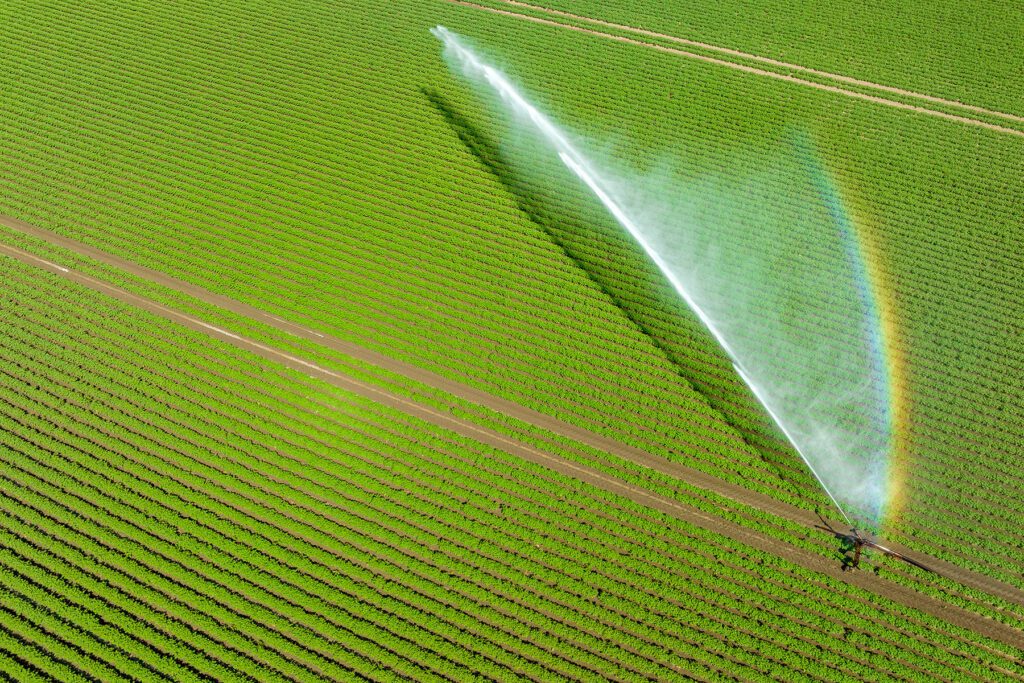Author
It is quite common for areas of rural land to access water privately via a borehole, rather than drawing from the mains. However, the use of a private water supply can come with a wide range of legal pitfalls. Landowners must be mindful of these, particularly where the supply is also used by neighbouring land.
Covenants
For owners of a private water supply, the first step is to consider what rights and obligations exist in relation to the supply. It is worth reviewing the title deeds to check:
- Who has the right to take water from the supply?
- Do they have a right to access land to inspect, maintain and repair the borehole?
- Do they have any obligation to pay anything in relation to the supply?
- Does the owner have a positive obligation to maintain a supply of water from the borehole and/or to maintain the borehole and connecting pipes? Does the person with the benefit of this obligation still own the neighbouring land?[1]
- Are there any restrictive covenants relating to the supply, for example that the owner will not intensify their usage of the land so as to interfere with it?
Once the owner has a clear picture of the rights and obligations relating to the supply, they should ensure these are being complied with appropriately.
Statutory Obligations
An owner or controller of a private water supply also needs to be mindful of the various statutory obligations imposed on them as a private water supplier under the Water Industry Act 1991, the Private Water Supplies (England) Regulations 2016 and the Private Water Supplies (England) (Amendment) Regulations 2018.
Most importantly, under the Water Industry Act 1991, where a private supply is failing, has failed or is likely to fail to provide a supply of wholesome water that is sufficient for domestic purposes to any house it serves, a local authority may serve a notice on the supplier specifying the steps to be taken to ensure a wholesome and sufficient supply of water to the relevant domestic premises. The local authority has the power to ask either the landowner or any of those receiving the water supply to take steps to improve the supply or reduce the demand on the borehole.
Therefore, if a landowner increases the demand on their borehole (for example through intensified agricultural activities) to such a degree that the supply becomes insufficient for the domestic purposes of others using it, the owner should consider seeking additional support from their local water undertaker.
Abstraction Limits
Finally, owners of private water supplies must be aware of the limits of what they can draw from that supply overall.
Up to 20m3 (4,400 gallons, or 20,000 litres) a day can be drawn without an abstraction licence. However, drawing any more than this will require an abstraction licence from the Environment Agency. It is therefore important to consider this if agricultural activities will result in increased drawing from an existing borehole.
[1] Positive covenants do not transfer with land, and so a Deed of Covenant would have to have been entered into on a change of ownership for a positive obligation to be binding.

